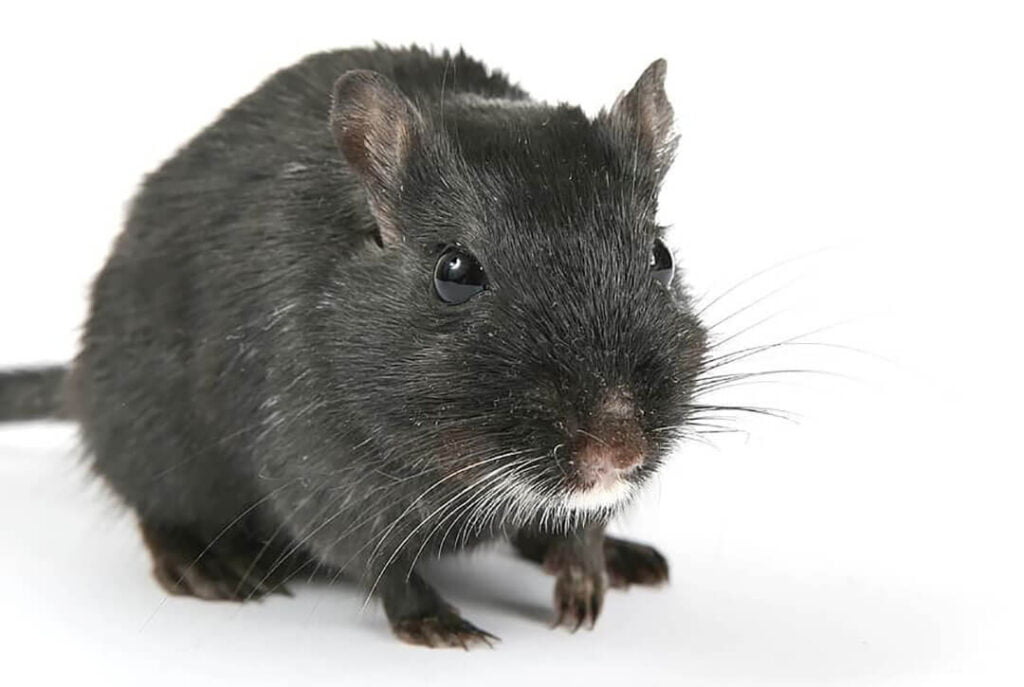7 Facts to Help with Rodent Control and Rodent Removal
Don’t let creepy crawlies rule your SE Michigan home!
Wolverine Pest Control & Extermination Services understands the dangers and disruptions rodents cause. With rapid reproduction rates, a small rodent problem can quickly escalate into a full-blown infestation if not addressed promptly. Rodents are known for carrying and spreading harmful diseases through their droppings and saliva, posing a threat to your family’s health. They can cause significant damage to your property by chewing on wires, insulation, and other items, increasing the risk of fires. Get the Facts to Help With Rodent Control and Rodent Removal- Wolverine Pest Control & Extermination Services (517) 999-5008

Here are 7 eye-opening facts to help you outsmart these unwelcome guests:
Wolverine Pest Control & Extermination Services (517) 999-5008
Rodents are attracted to food and water sources, so keeping your kitchen clean, storing food properly, and managing trash can help deter them. When dealing with a rodent infestation, you can choose from various methods such as traps, bait, or seeking professional help based on the severity of the issue. The best way to prevent rodents from entering your home is by sealing entry points and removing their food sources, effectively keeping them at bay. Don’t wait until the problem becomes overwhelming. Take action promptly, select the right approach, and reclaim your home from these unwanted guests.
1. Destruction and Contamination by Rodents
It may be surprising to learn that rats destroy or contaminate 20% of the world’s food supply annually. The impact of rodents on our food sources and environment can be devastating. Preventing rodent infestations is crucial in preserving food safety. Utilizing Austin rodent control services can help catch and keep rats out of your property.
2. Rats and the Spread of Bubonic Plague
While rats are often associated with spreading the Bubonic plague, it was the fleas they carried that transmitted the disease. Rats played a role in enabling the spread of the plague by hosting infected fleas. During historical periods with limited rodent control measures, the spread of diseases like the Bubonic plague was more rampant.
3. Rapid Reproduction of Mice and Rats
Mice and rats have a remarkable ability to reproduce quickly. Female rats can have multiple pregnancies per year, with an average of 14 offspring per litter. Their reproduction rates can escalate rapidly, especially when abundant food and suitable habitats are available in urban areas, commercial spaces, and even homes.
4. Effective Use of Glue Boards for Rodent Control
Contrary to popular belief, baiting glue boards with peanut butter may not always be effective. Ensuring proper placement of glue boards is key to trapping rodents successfully. Over-baiting with peanut butter can reduce the adhesive quality of the glue board, hindering its trapping potential.
5. Reusing Rodent Snap Traps for Enhanced Efficacy
Although it may seem unpleasant, reusing snap traps that have caught rodents can improve their effectiveness. The scent left behind from a successful trap can make rats less cautious, increasing the likelihood of them being caught. This method can help in rodent control efforts.
6. Debunking the Myth of Giant Rats
There is a misconception that rats can grow to the size of household cats, weighing around 10 lbs. This is not true, even with ample food and shelter. Large rodents that may resemble oversized rats, such as nutria or coypu, are distinct species and often mistaken for rats, particularly near water bodies.
7. Clarifying Rodent Infestation Misconceptions
Rodent infestations are not solely indicative of poor sanitation conditions. The presence of rodents depends on factors conducive to breeding and shelter, rather than just cleanliness. Rats can thrive on fresh food sources, including discarded items, making them adaptable to various environments. Proper rodent control measures are essential regardless of sanitation levels.
